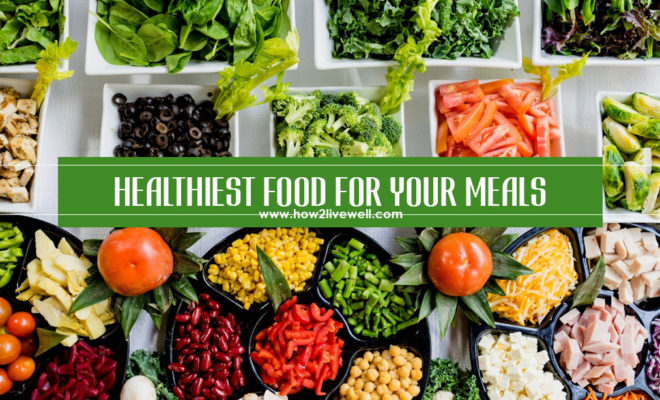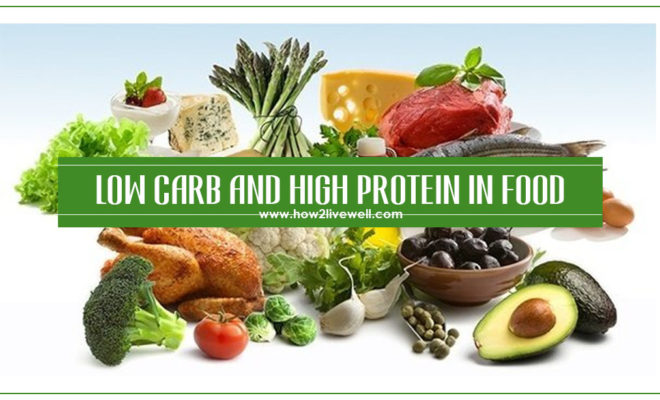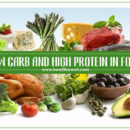High Purine Foods to Avoid if You Have Gout

If you’re looking to reduce your production of uric acid, you’ll want to specifically limit foods that are high in purines. This is because these foods will cause your body to produce more uric acid, which in turn could lead to another gout attack. Talking with your doctor about the best way to treat and manage your gout is a great idea, and this list will give you some insight on what to keep off your plate.
1. Sunflower Seeds:
Sunflower seeds would make a great snack, if it weren’t for their high content of purines. Keep in mind that a serving of sunflower seeds is only a third of what is listed below, so you’ll be getting a third of the purines if you kept your serving size in check, but it is still adding to your cumulative total, which can cause problems if other mid-range purine foods are also eaten. Serving Size (100 grams), Purines (143 milligrams), 584 calories.
2. Sardines:
Sardines are another food to avoid when you’re trying to prevent a gout attack. These salty fish may be high in omega-3 fatty acids, but they’re also high in purines, and are likely to trigger a reaction if they’re consumed in anything resembling a decent portion. This is not an ingredient that shows up a lot in mainstream recipes, so it’s not too hard to sidestep it. Serving Size (100 grams), Purines (480 milligrams), 208 calories.
3. Organ Meats:
Organ meats are something you’ll definitely want to avoid, because they have some of the highest purine levels across the board. So while these may be a good source of vitamins and minerals like iron, magnesium, and potassium, it’s just not worth the risk due to the high amounts of purines they contain. This includes livers, hearts, spleens and other organ meats from a variety of animals. Serving Size (100 grams), Purines (444-773 milligrams), various calorie counts.
4. Caviar:
While often thought of as a ritzy food eaten only by the aristocratic, caviar has a tendency to show up in sushi bars and is becoming more readily available. You’ll want to steer away from it if you’re looking to limit your intake of foods containing purines. That’s because it has a sizable amount of them, more than the same serving of beef does. Serving Size (100 grams), Purines (144 milligrams), 284 calories.
5. Duck:
Duck is not a very common food for most American families, but it has a tendency of showing up on restaurant menus, often with an enticing description. You’ll want to avoid it though so you don’t end up contending with the purines it contains. One of the insidious things about gout is you never know what will cause an attack, so it’s often best to play it safe and limit or abstain from foods you’re unsure of. Serving Size (100 grams), Purines (138 milligrams), 337 calories.
6. Chicken:
Chicken may be one of the hardest foods to keep off of your plate because it’s so prevalent in our society. It’s the most-consumed meat in America and if you’re trying to reduce the amount of purines you take in, you’ll have to give strong consideration to whether or not you can tolerate chicken. It contains more purines than beef does, but not as much as some fish. Serving Size (100 grams), Purines (175 milligrams), 172 calories.
7. Fish:
With so many varieties of fish it’s hard to peg down exactly what sort of purines they contain, but across the board they are all pretty high. Some of the worst offenders are anchovies, herring, and perch, with other fish clocking in lower but still being considered higher than your average food. To be safe you should take a pass on all fish unless your doctor has specifically singled out one you can have. Serving Size (100 grams), Purines (110-345 milligrams), various calorie counts.
8. Ham:
Lean varieties of ham are often allowed on many diet programs, but if you’re looking to cut down on your purine consumption you should cut down on your ham intake. That’s because it ranks pretty high in purines compared to many other foods. Serving Size (100 grams), Purines (131 milligrams), 162 calories.
9. Lentils:
Even though lentils are becoming more popular due to their many health benefits, you’ll want to skip them due to their high purine content. They contain a good amount of fiber, and are a non-meat source of protein, but are best avoided by those looking to decrease the amount of purines eaten throughout the day. Serving Size (100 grams), Purines (127 milligrams), 353 calories.
10. Mussels:
If you’ve been diagnosed with gout you’ve probably been told to avoid shellfish altogether, and mussels are definitely one that you’ll want to pass up. The good news is that as long as you’re not in a seafood restaurant these don’t show up very much, and unless you seek them out they’re easy to ignore. Serving Size (100 grams), Purines (112 milligrams), 172 calories.







